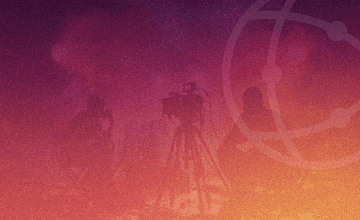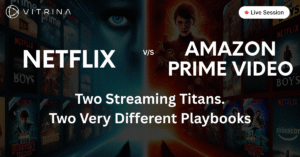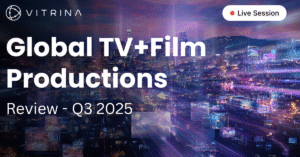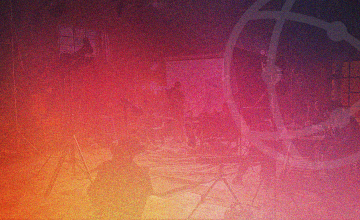OpenAI is backing the animated film ‘Critterz,’ which will heavily utilize generative AI in its production. Set to premiere at Cannes in 2026, the project aims to create a film in nine months for under $30 million, raising questions about the future of animation and the role of AI in creative processes.
A feature-length animated film utilizing generative AI is on the horizon, thanks to significant investment from a leading company in the AI sector. Recently, it was announced that OpenAI is supporting the animated project titled Critterz, which aims to incorporate extensive generative AI input during its production.
Scheduled to debut at Cannes in 2026, Critterz is being produced by Vertigo Films in London and Native Foreign in Los Angeles, with OpenAI providing the necessary tools and computing resources. The goal is to create a film in just nine months for under $30 million, a stark contrast to the typical multi-year, $100 million-plus timeline for major Hollywood productions.
While voice actors and a select group of artists will contribute to the project, much of the animation and design will be generated using OpenAI’s models. The story follows a woodland adventure where a stranger disrupts the lives of local creatures. Initially developed by Chad Nelson from OpenAI as a short film, it has previously been screened at smaller festivals and currently holds a rating of 3.6 out of 10 on IMDb.
Supporters of Critterz describe it as an experiment in “democratizing” animation. However, this claim raises questions, as animation is not restricted by class or status and does not require the kind of democratization suggested by the project’s backers. The barriers to entry in animation are primarily based on talent, effort, and creativity. Many individuals, regardless of their background, can create impactful work with dedication and basic resources.
For instance, the recent Oscar-winning animated feature Flow was produced by a small team in Latvia using free software and a budget smaller than what an A-list voice actor typically earns for a major film. In essence, Critterz may represent a challenge to the animation industry from those who may not be able to contribute meaningfully.
The implications of AI potentially replacing years of work from numerous artists raise concerns about the future of animation and the livelihoods tied to it. Additionally, there are worries about narratives being shaped by algorithms rather than human creativity, especially considering that many large language models (LLMs) are trained on materials without the consent of original artists.
So far, studios have approached AI cautiously. Major companies like Disney, Universal, and Warner Bros. are currently involved in legal disputes over copyright issues related to AI image generators. In response, Midjourney argues that these studios are also experimenting with generative AI in their processes while targeting the company as a competitor.
Whether Critterz becomes a novelty or a significant turning point, it highlights the ongoing tensions surrounding the use of AI in animation. For many professionals in the animation industry, the atmosphere may not be celebratory when Critterz makes its debut at Cannes.
Disclaimer: This article has been auto-generated from a syndicated RSS feed and has not been edited by Vitrina staff. It is provided solely for informational purposes on a non-commercial basis.





























